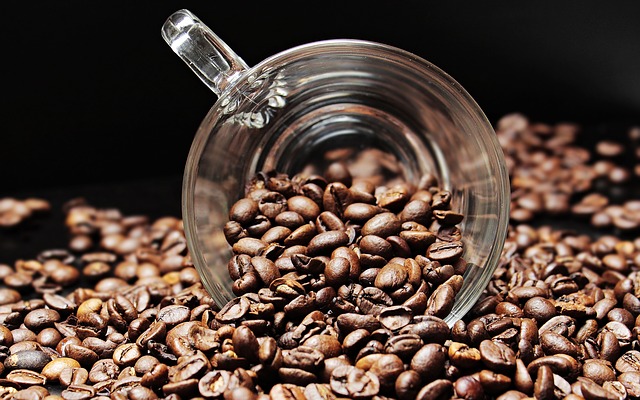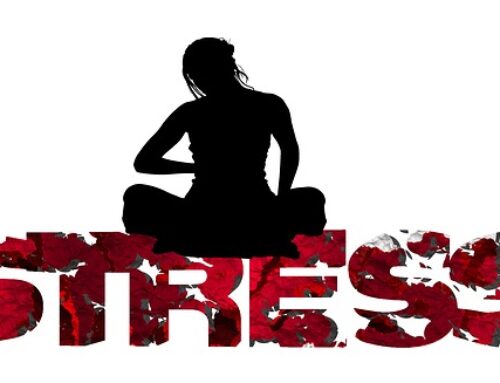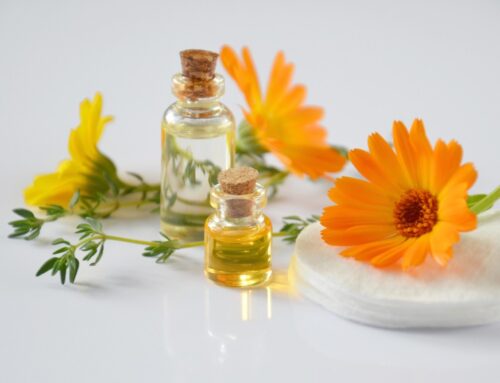If you’re wondering why your mind is overwhelmed with anxious thoughts after a cup of espresso, read this article by Helen Sander, chief editor of HealthAmbition.com
Caffeinated beverage consumption is such a ritualist aspect of many daily lives that it often gets overlooked in regards to its health implications. Often times synonymous with your morning work commute, starting your day with a caffeine boost is expected and even celebrated. The stimulant is most commonly consumed through coffee beans, tea leaves, energy drinks, and is even hidden in many sports drinks. It’s often consumed mindlessly when a lethargic cloud comes over the workday. Instead of a healthy meal or water, many people opt for that next cup of coffee.
This stimulant acts by restricting your blood vessels as well as increasing neurotransmitter activity in the brain, creating a sensation of energy and focus. It’s common to feel a sense of boosted brain power, enhanced motivation, and increased vitality. However, for some individuals, caffeine consumption means bouts of anxiety, hypertension, clammy skin and an overall on-edge, uneasy feeling. Though many get away with borderline reckless caffeine consumption, those struggling with anxiety may need to throttle down.
Caffeine and anxiety have been linked together amidst research on numerous occasions; even finding that some psychiatric wards prohibit caffeine consumption by those admitted, as schizophrenic patients showed less hostility, irritability, and anxiety after omitting caffeine.
Caffeine and Medications
Even though caffeine has been normalized as a regular part of life, it’s worth remembering that it is essentially a psychoactive drug. Thus, combining caffeine consumption with the use of other drugs is not advisable, can be detrimental and may include some unpleasant side effects. In many cases, caffeine is often an active ingredient in drugs like antibiotics, antidepressants and asthma medications to increase the effectiveness of the medication.
As always, check with your M.D. or Practitioner if you are unsure of what’s right for you.
Caffeine and Cortisol
Caffeine is classified as a stimulant, which ramps up the body’s stress-response hormone known as cortisol. While cortisol is a hormone that your body naturally produces and thrive on, it becomes unhealthy when your body is in a fight or flight state too often.
A healthy body will naturally create more cortisol in the morning to promote walking. Ideally, your cortisol levels would gradually start to dip down as the afternoon and evening hours approach, to promote relaxation and restful sleep. If you are overworked, stressed, anxious, exercising too often or over-caffeinated, your cortisol levels will stay higher than they should be. This can ultimately fuel anxiety in those struggling with it.
Imbalanced cortisol transmission can impede your sleep routine as well as make restful sleep even more unachievable for insomnia sufferers. High cortisol levels can be helped by getting more rest, meditation, recovering from workouts more efficient and cutting back on caffeine consumption.
Moderating Caffeine Consumption
Just like most things, there is a healthy way to do it and an unhealthy way. Limiting your intake to 1-2 cups of coffee or tea in the morning is a good rule of thumb to implement if you currently combat anxiety or are looking to prevent issues in the future.
Keeping the caffeine consumption to the morning can help sync your body up with your ideal cortisol levels (higher in the morning, lower in the evening). If you have currently had noticeable issues with ingesting caffeine, you may find more relief by cutting out caffeine altogether or consuming only one half to one cup of coffee or tea.
You may also find you gain some helpful insight into your individualized needs by doing a week-long trial period where you experiment with a set amount of caffeine. For example, for one week, limit your consumption to one serving of coffee or tea. Use a journal to track how you feel, how it affects your sleep, how your mood morphs, etc. If you feel great without any negative side effects or bouts of anxiety, you could try the next week with up to three servings of caffeine in the morning; again, journaling and taking notes through the duration.
Conclusion
If you’re having a hard time figuring out what’s best for you, seeking the expertise of your Doctor or Functional Medicine Practitioner can prove to be the most helpful. Also, consider that everyone is different and has different needs. What works for one person in regards to caffeine may not work at all for the next.
In a time when there are more specialty tea & coffee popping up every day, it’s tough to be disciplined with your caffeine consumption. However, if you do struggle with anxiety or any mental disorder, limiting or ending your caffeine habit should move to the top of your priority list.
If this is the case for you, don’t lose all hope. There are so many naturally caffeine free drinks that can help tackle your hankering for that caffeine fix. Some great alternatives to try include herbal or spiced tea and warm superfood drinks like golden milk (commonly made with turmeric root and nut milk).
Helen Sanders is the chief editor at HealthAmbition.com. Established in 2012, Health Ambition has grown rapidly in recent years. Our goal is to provide easy-to-understand health and nutrition advice that makes a real impact. We pride ourselves on making sure our actionable advice can be followed by regular people with busy lives.







Leave A Comment